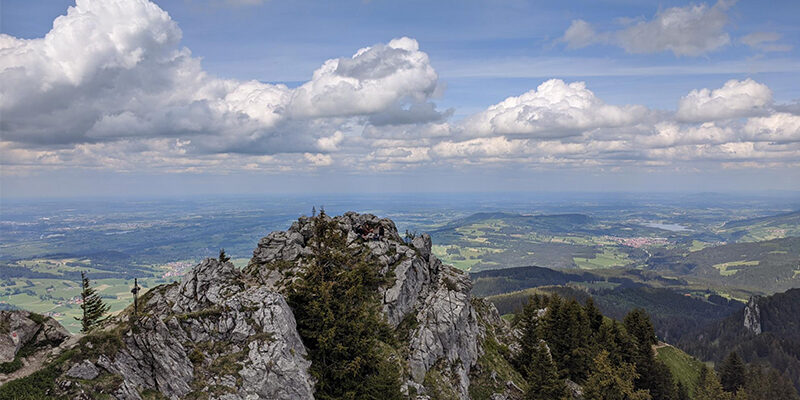EU Green Week background
EU Green Week is an annual event organized by the European Commission’s Directorate-General for Environment. It serves as Europe’s premier environmental conference, bringing together policymakers, businesses, environmentalists, and civil society leaders to discuss and promote European environmental policy. The event has been held for over 25 years and typically features high-level debates, workshops, and partner events across Europe. [1]
2025 focus on circular economy
In 2025, the EU Green Week will take place from June 3 to June 5 in Brussels, focusing on the theme “Circular Solutions for a Competitive EU”. The conference will explore how circular economy principles – emphasizing sustainability, waste reduction, and resource efficiency – can drive Europe’s competitiveness and resilience. Key topics will include:
- sustainable design and innovation
- efficient resource and waste management
- business models supporting circularity and enhancing EU’s competitiveness and resilience
EU Green Week 2025, held in collaboration with the European Circular Economy Stakeholder Platform and the Circular Cities and Regions Initiative (CCRI), contributes to the ongoing dialogue on strengthening Europe’s competitiveness by integrating sustainable circular practices across all sectors of the economy.
The European Circular Economy Stakeholder Platform is a collaborative initiative by the European Commission and the European Economic and Social Committee. It serves as a hub for stakeholders working across Europe’s circular economy landscape, encouraging dialogue, knowledge-sharing, and collaboration. [2] The Circular Cities and Regions Initiative (CCRI) is an EU-funded program under the Circular Economy Action Plan. Its goal is to support the practical implementation of circular economy solutions in cities and regions across Europe, helping local authorities drive systemic, sustainable change. [3]
Supporting role of DFGE
The circular economy is a cornerstone of the European Union’s sustainability agenda. As part of the European Green Deal and the Circular Economy Action Plan (CEAP), the EU is reshaping the way resources are used, aiming to move away from a linear “take-make-dispose” model toward a system that prioritizes resource efficiency, waste prevention, and product circularity [4,5]. This transformation is critical not only for reducing environmental impact but also for enhancing Europe’s economic resilience and competitiveness.
Circular economy principles are being integrated across key sectors such as electronics, textiles, packaging, construction, and mobility. Through stricter eco-design standards, increased producer responsibility, and enhanced transparency requirements, companies are increasingly expected to redesign their products and operations with sustainability and longevity in mind. The EU estimates that this shift could create up to 700,000 jobs by 2030 and provide a strong foundation for sustainable growth [6].
In this evolving regulatory and market landscape, companies need support to adapt and lead. This is where DFGE – Institute for Energy, Ecology and Economy plays a key role. DFGE helps businesses translate circular economy goals into practical actions, aligned with both EU regulations and international sustainability frameworks. The emphasis is not only on regulatory requirements, but especially on the business impact and value creation potential for companies.
We are happy to support your company on this important topic. If you have any questions, feel free to contact us at or by phone at +49 8192 99733-20.
Quellen:
[1] https://green-week.event.europa.eu/index_en
[2] https://circulareconomy.europa.eu/platform/en/about-platform
[3] https://circular-cities-and-regions.ec.europa.eu/
[4] https://commission.europa.eu/strategy-and-policy/priorities-2019-2024/european-green-deal_en
[5] https://environment.ec.europa.eu/strategy/circular-economy-action-plan_en
[6] https://ec.europa.eu/commission/presscorner/detail/en/ip_20_420









